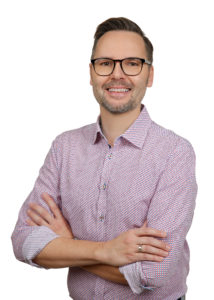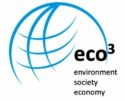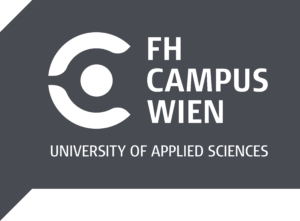eco3 – Sustainability Management and Green Controlling in the Social Economy
Eco3 is an international research project dealing with sustainability management and green controlling in the social economy. An international partnership consisting of four universities and two companies from Austria, the Czech Republic, Germany and Romania is working in this Erasmus+ funded project on the development of a teaching module for the qualification of future managers in the social economy on the topic of sustainability.
The funding by Erasmus+ allows to form a multi-professional cooperation between researchers and practitioners within the framework of a strategic partnership which enables us to develop practical content on the basis of the latest research. All the results will be available open access.
We want to establish sustainabilty in social economy studies to empower a new generation of leaders.
eco3 – a Curriculum for the Future!
Climate change is forcing us to rethink both our personal behavior and our economic system, which is causing a dramatic environmental and social damage. Even if the social economy is not responsible for the largest CO2 footprint, the highest amount of waste or the exploitation of people in its supply chains, this social services sector also needs to address its impact on the planet and people.
It’s not just about CO2 reduction, it’s about a change in management.
Social enterprises need employees and managers with specific skills in sustainability. They need to implement sustainability goals, define appropriate actions, and design a green management control system, all while taking into account the parameters, limits, and specific approaches of the social economy.
The future-oriented curriculum for social economy / social management degree programs provides students with these necessary competencies and skills to become aware of the impact of their behavior in terms of handling resources, products and capital goods, as well as the impact of their management behavior on the environmental and social goals of their organization.
Project Outputs
We develop different materials and tools for university education.
“Sustainability management has become increasingly important since the introduction of the UN’s Sustainable Development Goals (SDGs) and the European Green Deal. It is high time that this important topic finds its way into the studies of future decision-makers in the Social Economy.”
Peter Stepanek – Project Leader, FH Campus Wien

Timeline
According to the timeline, you can see our project schedule.

Meet the project partners
The project consortium consists of FH Campus Wien (AT), University Of Ostrava (CZ), Babes Bolyai University (RO), Catholic University Of Eichstätt-Ingolstadt (GER), akaryon GmbH (AT) and xit GmbH (GER). The partners combine know-how from sustainability, education, science, business management and consulting as well as software development, which promise a high-quality project outcome. The project team is composed of practitioners, researchers and teachers from different disciplines to meet different perspectives and the complexity of sustainability as well as regarding suitable and innovative didactical approaches to be developed.
Please find further information about the partners and contact information below (click the logo).






